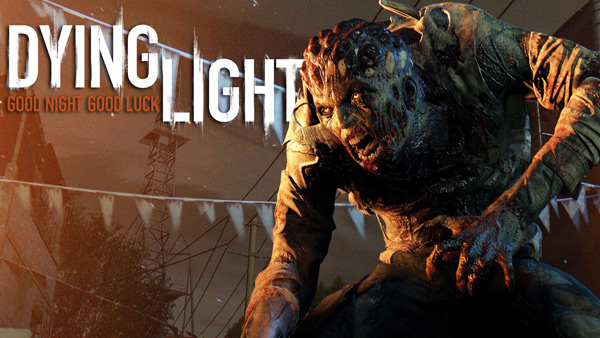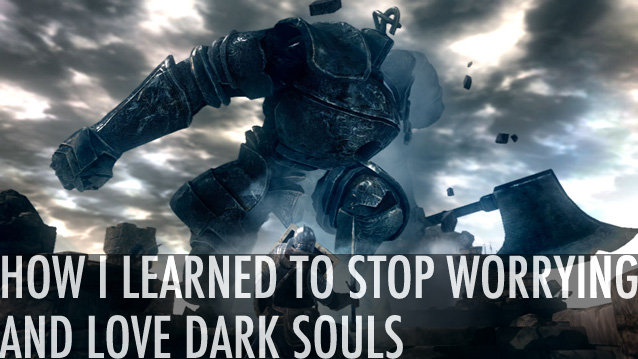

The Internet gets things wrong. A lot.
Between the power of social media and a constantly connected world, the online world is bound to make mistakes. In some cases, those mistakes are as innocuous as jumping to conclusions about a new product, or as damning as misidentifying the perpetrator of a terror attack.
While these things might not be new to human nature, they’re certainly facilitated by the Internet. Here are four examples of how the Internet mob, sometimes aided by overeager journalists, got somethign horribly wrong.

When a story emerged that a ghost ship carrying cannibal rats was making its way to the UK coast, it must have been just too hard to resist. The story started out in the British press, predictably in tabloid papers like The Sun, national papers like The Independent, and then was picked up by mainstream US media outlets like CNN and NPR.
Even if some of the stories about cannibal rats slowly floating towards England were tongue-in-cheek and irreverent, the headlines and first few paragraphs that most people probably wouldn’t get passed, helped perpetuate the story that a mob of diseased, cannibalistic rats were about to hit England’s shore.
As BuzzFeed points out, the story just wasn’t true. According to the Irish Coast Guard, there’s no sign of the ship on the seas, and no that’s not fodder for another conspiracy theory. They say the ship probably either washed up on shore somewhere, or simply sank.

When Apple first announced the iPod in 2001, it wasn’t well-received. It was compared to one of Apple’s failed products, the Newton, it was described as a gimmick, and called ridiculous and lame. One MacRumor’s forum user predicted its quick demise:
All that hype for an MP3 player? Break-thru digital device? The Reality Distiortion Field? is starting to warp Steve’s mind if he thinks for one second that this thing is gonna take off.
While they were in the minority, other people on MacRumors were a little more reasonable and suggested that people wait and see how the product works before passing judgment. As it turns out, those voices of reason were spot on. When Apple released the iPod, its revenues were down, its profits cut in half, and things were looking grim. Five years later and the company had sold well over 8 million iPods, and the way we listen to music has been arguably changed forever.
The iPod also played a significant role in Apple turning its fate around and until consumers started using their phones to listen to music, Apple products enjoyed the lion’s share of the market.
Now Apple’s iPod touch is competing with its own iPhone along with other mobile phones, and iPod sales have been cannibalized by other Apple products. If you are toying with the idea of buying the iPod, be sure to read this first, and don’t forget that if you still have an old, functioning device, check out these tips on how to breathe new life into your old iPod.

With the advent of Twitter, Internet shaming has become part and parcel of our online lives. From behind the anonymity of our keyboards and 140-character witticisms and insults, peoples’ lives have been irrevocably changed. The most recent involved Minnesota dentist, Walter Palmer, accused of paying $55,000 to hunt and kill a famed lion, after luring it off a protected reserve. Palmer’s act was truly heinous, and the mob shaming, many would argue, was fully justified, complete with death threats and attempts to ruin his practice.
While Palmer’s case may not be cut and dry to some, in some cases, mob shaming has also ensued after nothing more than a poorly thought out joke or photograph. The Internet has, on many an occasion, succeeded in completely ruining a person’s life, and no one can relate to this more than Justine Sacco. The communications and PR professional became an Internet meme in the space of an 11 hour flight from London to South Africa, and it wasn’t until she landed that she discovered what had happened.
Before taking off, Sacco tweeted to her some 170 followers a poorly thought out joke:
Going to Africa. Hope I don’t get AIDS. Just kidding. I’m white!
Taken at face value, Sacco’s joke was interpreted as racist and the Internet went out of its way to let her know what they thought of her. She lost her job, received death and rape threats, and her life was effectively ruined. The Internet mob didn’t want to wait for Sacco to come back online and explain that the joke was actually an attempt at ironic commentary on her own white privilege, or that Sacco hailed from a South African family that has worked hard and long for racial equality. Instead, they reveled in the fact that Sacco had no idea what was waiting for her when she landed in South Africa, the hashtag #HasJustineLandedYet trended worldwide, and at least one person waited in the airport in South Africa to snap a picture of the woman at the airport.
Jon Ronson, a journalist and author, spent three years studying and documenting the 21st century’s version of the Scarlet Letter for his book, So You’ve Been Publicly Shamed, and spoke about several instances of online public shaming, including Justine Sacco’s, in his TED talk. Watch below:

In April 2013, a bomb exploded at the finish line of the annual Boston Marathon. Three people died in the initial blast, and hundreds were injured. The very public specter of the bombing, the photos that instantly streamed in on social media and 24 hour news networks, had online crowds falling into a role that was better left to the authorities.
As the consequences of the bombing played out on social media, an online army of investigators started combing images of the crowds milling around the finish line before the blasts. They mistakenly zeroed in first on 17-year-old Salah Barhoun, whose image made it from a subreddit, ‘Find Boston Bombers,’ created specifically for the purpose of crowdsourcing the investigation, to the front page of the New York Post. The search extended to Twitter, where misinformation spreads like wildfire, facilitated by the simple click of the retweet button, with little to no fact checking done to ensure that we’re sharing accurate information.
After Barhoun, the crowd moved on to Sunil Tripathi, a 22-year-old who had been missing for a month before the bombings. When Tripathi’s body was found just a week after the bombings, it was concluded he had committed suicide.
When the real culprits were identified by the authorities, according to the BBC, one Reddit user wrote:
“This subreddit has been a disaster that has done more harm than good. It ended up an epicentre of unstoppable finger-pointing and wild conjecture. And worst of all the mainstream media leapt on the information here like hungry hyenas. Unreliable crowd-sourced material plus the media’s ravenous desire for fresh information has proved a disgusting mix. Let’s never ever do this again.”
Can you think of other times the Internet has just got it plain wrong? Let us know in the comments.
Image Credits: hands hold placards by Creatarka via Shutterstock, Abby M, Aaron Tang



